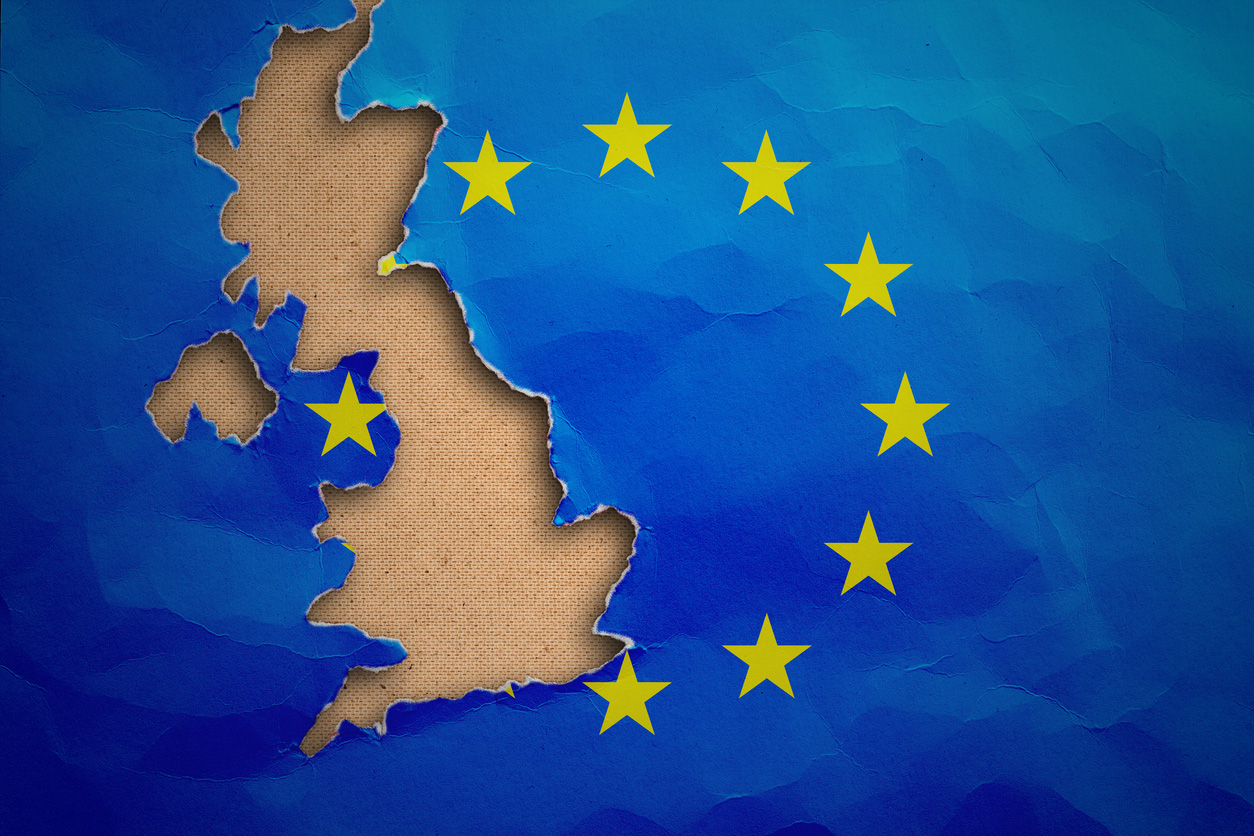As talks commence, a soft Brexit or even a change of heart look possible

Today marks the beginning of talks between the UK government and the European Union negotiating team on Brexit, with signs that both sides are willing to compromise.
Before the UK general election just over a week ago, British prime minister Theresa May was talking tough, signalling that ‘no deal was better than a bad deal’ - but this rhetoric has evaporated after her party lost their parliamentary majority.
The less Eurosceptic members of May’s Conservative party are now gaining the upper hand, including Chancellor Philp Hammond, who has now directly contradicted May’s earlier statement.
Yesterday he told the BBC’s Andrew Marr show: “No deal would be a very very bad outcome for Britain.”
Despite this signal that the UK was willing to compromise, Hammond insisted on reiterating the threat that the country would not be manipulated by the EU.
He added: “But there is a possible worse outcome, and that is a deal that is deliberately structured to suck the lifeblood out of our economy over a period of time.”
Hammond signalled that he was in favour of an extended transitional arrangement, to help the UK avoid the ‘cliff edge’ Brexit which most economists agree would be hugely damaging to the country’s economy.
However Hammond’s cabinet colleague David Davis is a more hardline Brexiteer, and will be leading negotiations with the EU, whose chief negotiator is French politician Michel Barnier.
David Davis said Europe should be in no doubt the UK is leaving the EU, a direct rebuttal of remarks made by France’s new president.
Emmanuel Macron has indicated that the “door remains open” for the UK to remain in the EU, comments which have been echoed by Germany’s finance minister Wolfgang Schäuble.
Despite the sudden - and seemingly terminal – decline in Theresa May’s reputation among the UK electorate, one poll shows she retains support to see the Brexit talks through.
A Survation poll for ITV’s Good Morning Britain programme put the opposition Labour party ahead by three points (44% to 41%), but also showed that 52% believed May was the best person to lead Brexit negotiations.
However the survey also showed a possible change of heart about Brexit: 51% said they would vote ‘Remain’ in a second referendum, with 49% supporting ‘Leave’.
As the political landscape has proven to be so unpredictable over the last year or more, no-one is confidently predicting the outcomes of the Brexit talks, however, especially because of their complexity.
The UK has quietly backed down from its earlier insistence on negotiating the terms of its withdrawal from the EU and a new trade deal simultaneously. The talks will commence with a focus on its withdrawal, including the disputed question of the money owed to the EU, and other wider issues such as rights of EU citizens to stay in the UK, and the future of the border between Northern Ireland and the Republic of Ireland.
One of the greatest fears for the countries remaining in the economic union, the EU27, was that Brexit could lead to more countries breaking away. However election results in the Netherlands and France have shown limited appetite for populist anti-EU policies, and the EU economic area looks set to outperform the UK in the next few years.










